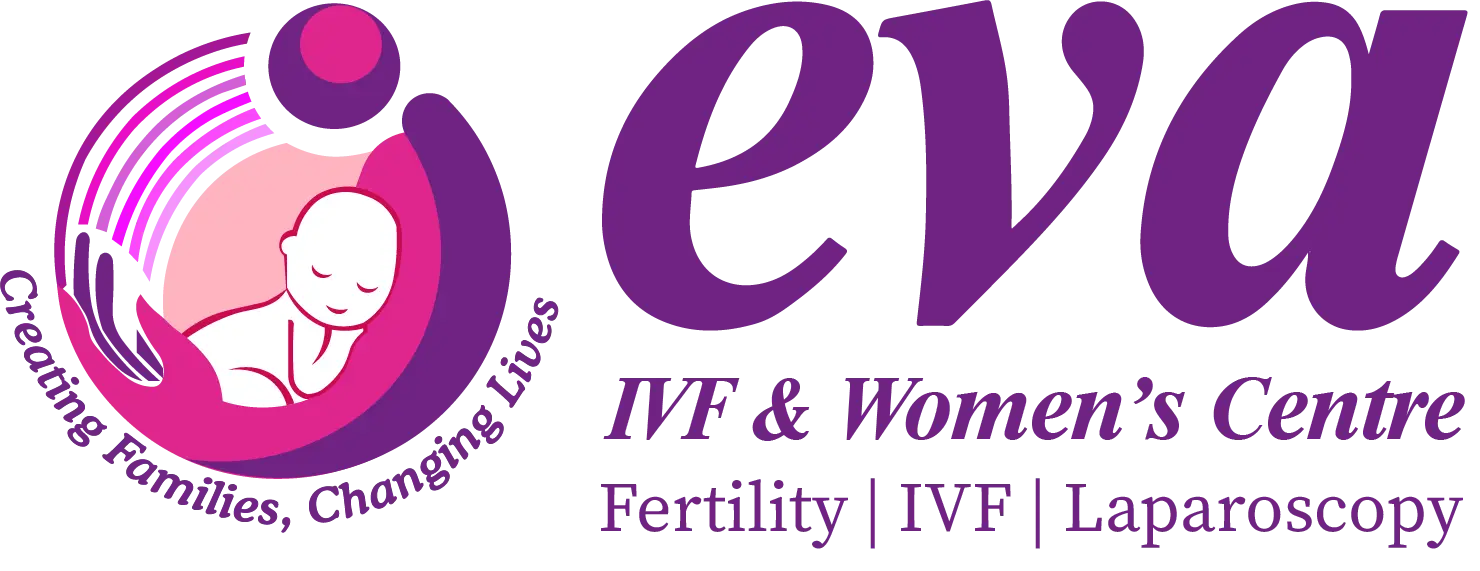Understanding Follicular Scans: A Comprehensive Guide
What are Follicular Scans?
Follicular scans are a part of fertility assessments and treatments. These scans use ultrasound technology to monitor the development and maturation of ovarian follicles in a woman’s ovaries. Ovarian follicles are small, fluid-filled sacs existing within ovaries that contain immature eggs.
During a follicular scan, a transvaginal ultrasound probe is inserted into the vagina to obtain detailed images of the ovaries and surrounding structures. The ultrasound allows gynecologists to visualize the number, size, and maturity of follicles within the ovaries.
Depending on the specific circumstances and treatment plan, the patient may need to undergo additional follicular scans in subsequent cycles to monitor follicular development and adjust treatment as needed.
Throughout the procedure, the healthcare provider will ensure the patient’s comfort and privacy. They will also communicate any relevant information and answer any questions the patient may have about the procedure or their fertility treatment plan.
What Conditions Require Follicular Scans for their Treatment?
Follicular scans are commonly used in the diagnosis and treatment of various conditions related to fertility and reproductive health. Some of the conditions that may require follicular scans for treatment include:
- Polycystic Ovary Syndrome (PCOS):
PCOS is a common hormonal disorder characterized by irregular menstrual cycles, multiple small cysts on the ovaries, and hormonal imbalances. Follicular scans may be used to monitor ovarian follicle development in women with PCOS who are undergoing fertility treatments such as ovulation induction.
- Unexplained Infertility:
When a couple has difficulty conceiving without any identifiable cause, it is termed unexplained infertility. Follicular scans may be used to monitor follicle development and timing of ovulation to optimize the chances of conception, particularly when fertility treatments such as intrauterine insemination (IUI) are being considered.
- Ovulatory Disorders:
Conditions such as anovulation (lack of ovulation) or irregular ovulation can contribute to infertility. Follicular scans can help assess ovarian function and monitor follicular development to determine the timing of ovulation and guide treatment with medications such as clomiphene citrate or letrozole.
- Assisted Reproductive Technologies (ART):
Follicular scans play a crucial role in fertility treatments such as in vitro fertilization (IVF) and intrauterine insemination (IUI). They are used to monitor follicle growth, assess ovarian response to fertility medications, and determine the optimal timing for procedures such as egg retrieval or insemination.
- Recurrent Pregnancy Loss:
In cases of recurrent pregnancy loss, follicular scans may be used to assess ovarian function and monitor follicular development to optimize the timing of fertility treatments aimed at achieving a successful pregnancy.
What are the Benefits of a Follicular Scan?
Follicular scans offer several benefits in the context of fertility evaluation and treatment:
- Optimized Timing of Fertility Treatments:
Follicular scans help healthcare providers accurately determine the timing of ovulation and monitor follicle development.
- Personalized Treatment Approach:
By closely monitoring follicle development with follicular scans, healthcare providers can tailor fertility treatment protocols to individual patients.
- Evaluation of Ovarian Function:
Follicular scans provide valuable insights into ovarian function by assessing the number, size, and maturity of ovarian follicles.
- Assessment of Ovarian Reserve:
Follicular scans can also help evaluate a woman’s ovarian reserve, which refers to the quantity and quality of her remaining eggs.
- Early Detection of Potential Issues:
Regular follicular scans allow for the early detection of any abnormalities or issues affecting follicle development or ovarian function.
At Eva IVF & Women’s Centre we have many technologies used for treating fertility related conditions. Follicular scans are one of them.
It is one of the early available methods to achieve pregnancy by naturally assisted method. It is useful for couples who want plan pregnancy without higher costs.
